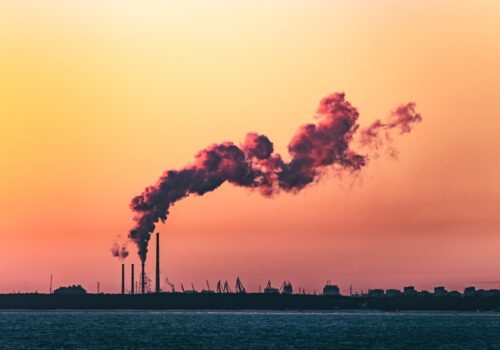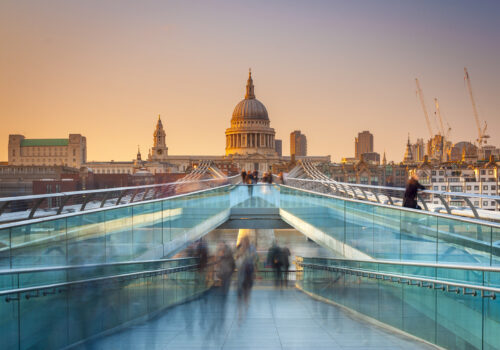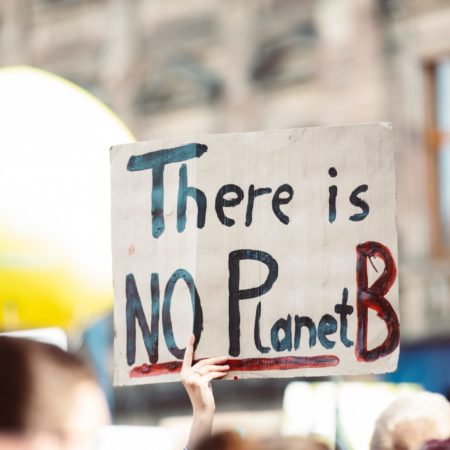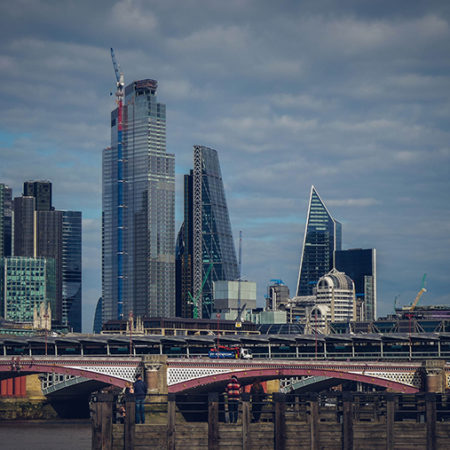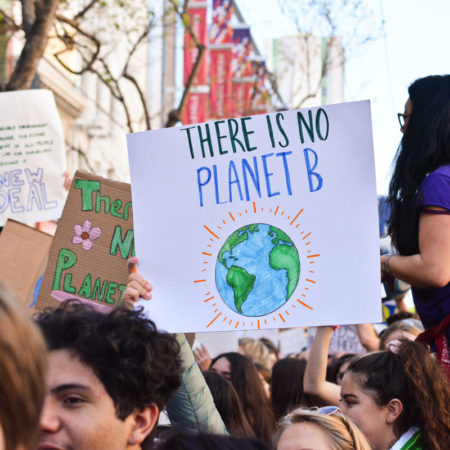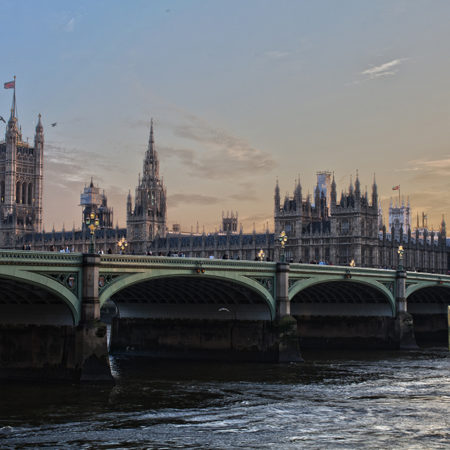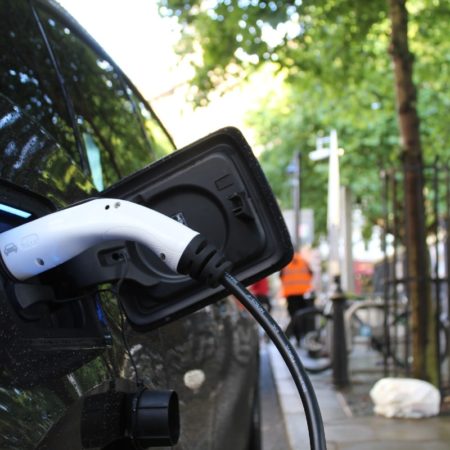As most businesses will know, COP27 will take place from 7-18 November 2022 in Sharm El-Sheikh, Egypt. It’s the world’s top climate conference, but comes amid yet another period of global turmoil.
Previously, Covid had been the disruptor. This time, global geopolitics, war and energy disputes are the aggressors against climate sustainability.
The COP27 website itself admits this risk. At the end of August, COP27 President Designate and Egypt’s Minister of Foreign Affairs voiced concerns over backtracking on climate commitments.
Sameh Shoukry reiterated the need to further accelerate climate action on all fronts, namely in adaptation, loss and damage, climate finance, and adopting more ambitious mitigation measures to keep the 1.5C target within reach.
He acknowledged that the geopolitical realities in the world, and the ensuing energy crisis have opened the door for a slowing of climate progress.
“It is concerning to see coal coming back as a source of energy in some parts of the world. It is equally concerning that climate finance commitments, especially the 100 billion dollars goal, are still lagging in implementation while the needs of developing countries continue to rise, most recently estimated by the UNFCCC’s Standing Committee on Finance to amount to 5 to 11 trillion US dollars,” Shoukry said.
“Egypt believes that the role of the G20 is essential in this regard. As the biggest and the most politically and economically influential group of countries, G20 members should play a leading a role in ensuring that the challenges created by the current global situation do not serve as a pretext or justification for the continued delay in the fulfilment of climate pledges, or backtracking on hard-earned gains in the global fight against climate change,” he added.
His tacit hint is that certain countries may seek to leverage the energy crisis as a means to delay tighter measures on the fossil transition and funding. Expect therefore some tough conversations citing energy insecurity, while progressives kick back saying we can’t delay the coal switch off.
Priorities
Mitigation, Adaptation, Finance and Collaboration will be the key drivers at COP27. Nationally Determined Contributions (NDCs) are at the heart of the Paris Agreement and the achievement of long-term goals.
NDCs embody Mitigation efforts by each country to reduce national emissions. 2022, it is hoped, will witness the implementation of the Glasgow pact call to review ambition across NDCs, and new work programmes for Mitigation to limit global warming to below 2C, while working hard to keep the 1.5C target alive.
This requires bold and immediate actions and raising ambition from all parties; in particular those who are in a position to do so, says the COP27 site. The US, China and India all spring to mind as likely targets for this comment. But again, the fear is energy insecurity may stymie progress.
Lexology argues Adaptation work will seek to recognise the increasing urgency of extreme weather events. Finance relates to the $100 billion in climate finance for developing countries most affected by the climate crisis. Work to get this money over the line this still isn’t complete.
Progress?
Reuters warns that rich countries will arrive with purse strings tightened by soaring energy costs, the economic fallout of the Ukraine war and the Covid pandemic, which prompted wealthy countries to spend trillions of dollars propping up their economies.
And Nature writes that November’s climate summit in Egypt is heading for stalemate unless low and middle income countries can trust such funding promises made by richer nations. A disconnect appears on the cards.
Thematics
From a business perspective then, it’s tricky to analyse any key thematics likely to emerge beyond the certainty, as ever, of what Nature calls fractious affairs, with success and failure hanging on 11th-hour, knife-edge decisions.
Certainly, 1.5 and 2C top level targets are going nowhere, and there is hope that tighter NDCs and work programmes will come. Evidently these could impact business by hastening the green economy.
KPMG notes that many global net zero targets have limited detail on near-term plans to reduce emissions; essential if we are to have a chance at 1.5C. Movement here could also make real world business change for net zero more likely.
Yet; existing commitments made by India, Russia, Brazil, Saudi Arabia, Australia and others already mean at least 90 per cent of the world’s economy is now signed up to net zero targets, says KPMG.
And it’s fair to argue businesses are already far more engaged than ever before. This was demonstrated at COP26 by the Glasgow Financial Alliance for Net Zero (GFANZ), which has US$130 trillion of assets under its control.
Clean finance, says KPMG, can now play a critical role in driving activity irrespective of changes in government policy. It’s becoming increasingly clear that the institutional investment world is starting to exercise real influence through investment policy.
This all means that businesses meeting at the event can drive real world change through engagement with organisations like GFANZ, or if not attending they can reach out in other ways.
This is likely not only to make their own operations more profitable, but it will hasten the green transition and speed up sustainability in ways global governments, hamstrung by politicisation of the energy crisis, may be unwilling to do.
The message may be; business can pick up pace, while governments wait for a politically opportune time to spend on sustainability, undiminished by fears on where energy is coming from.






